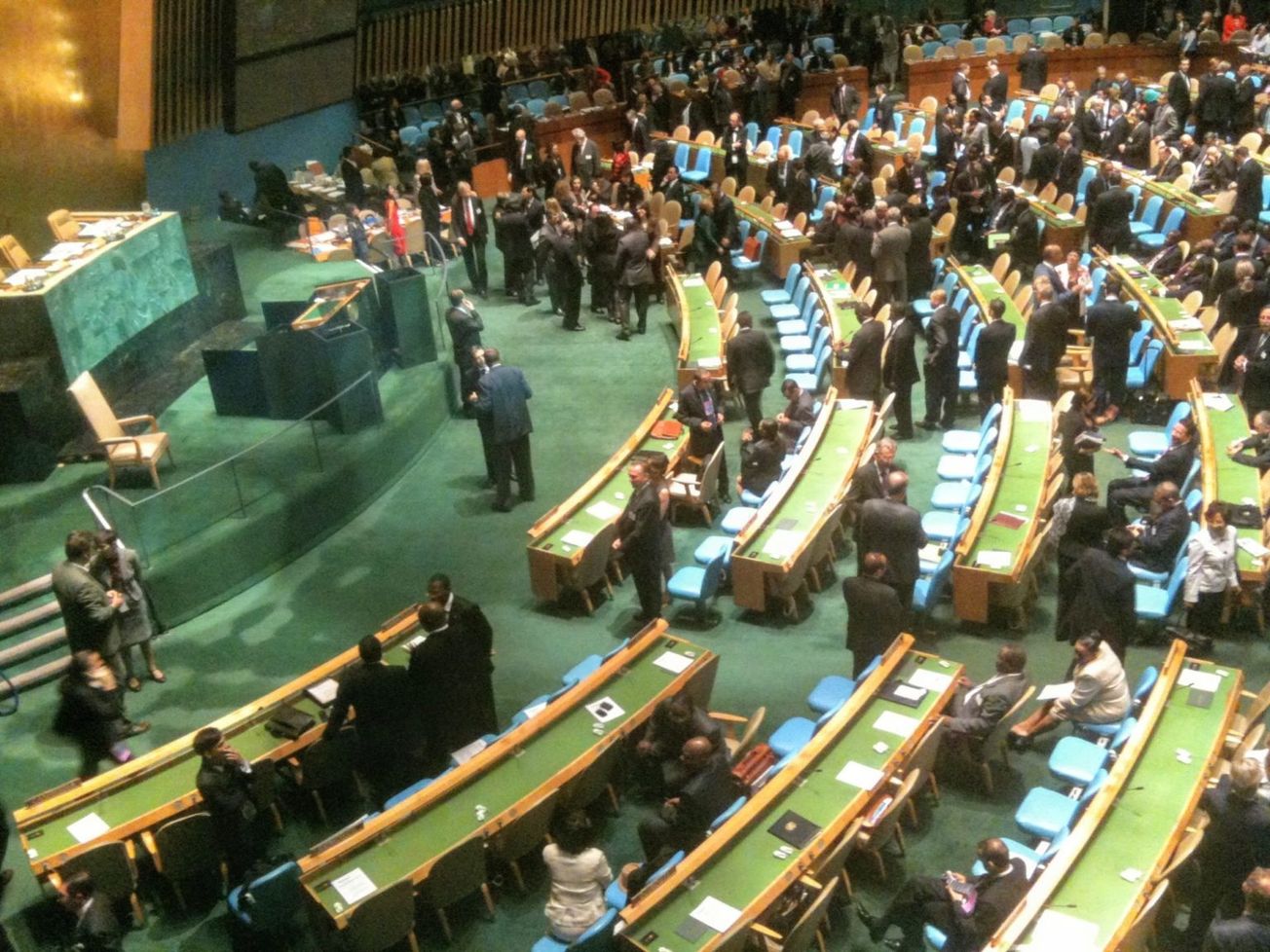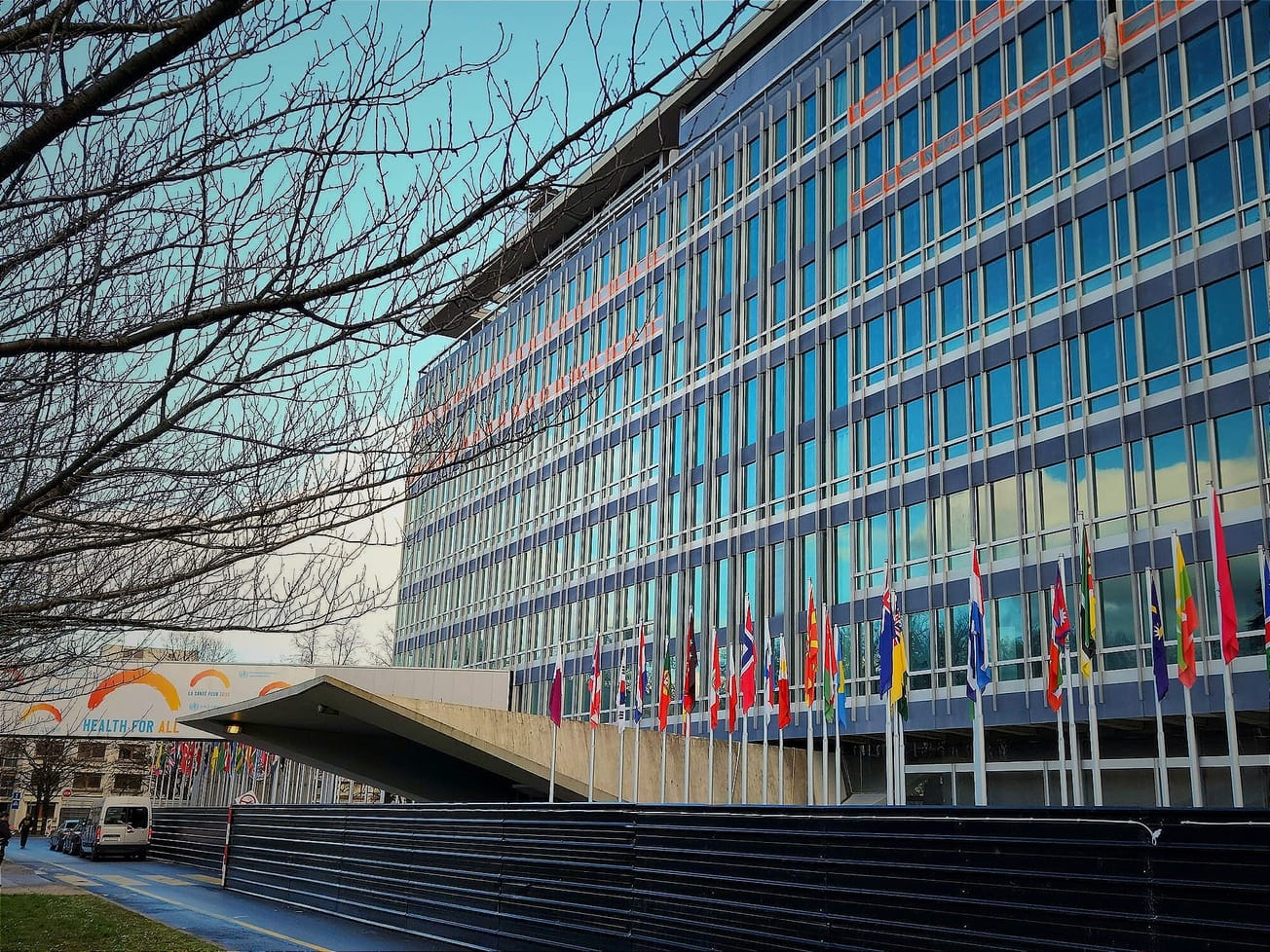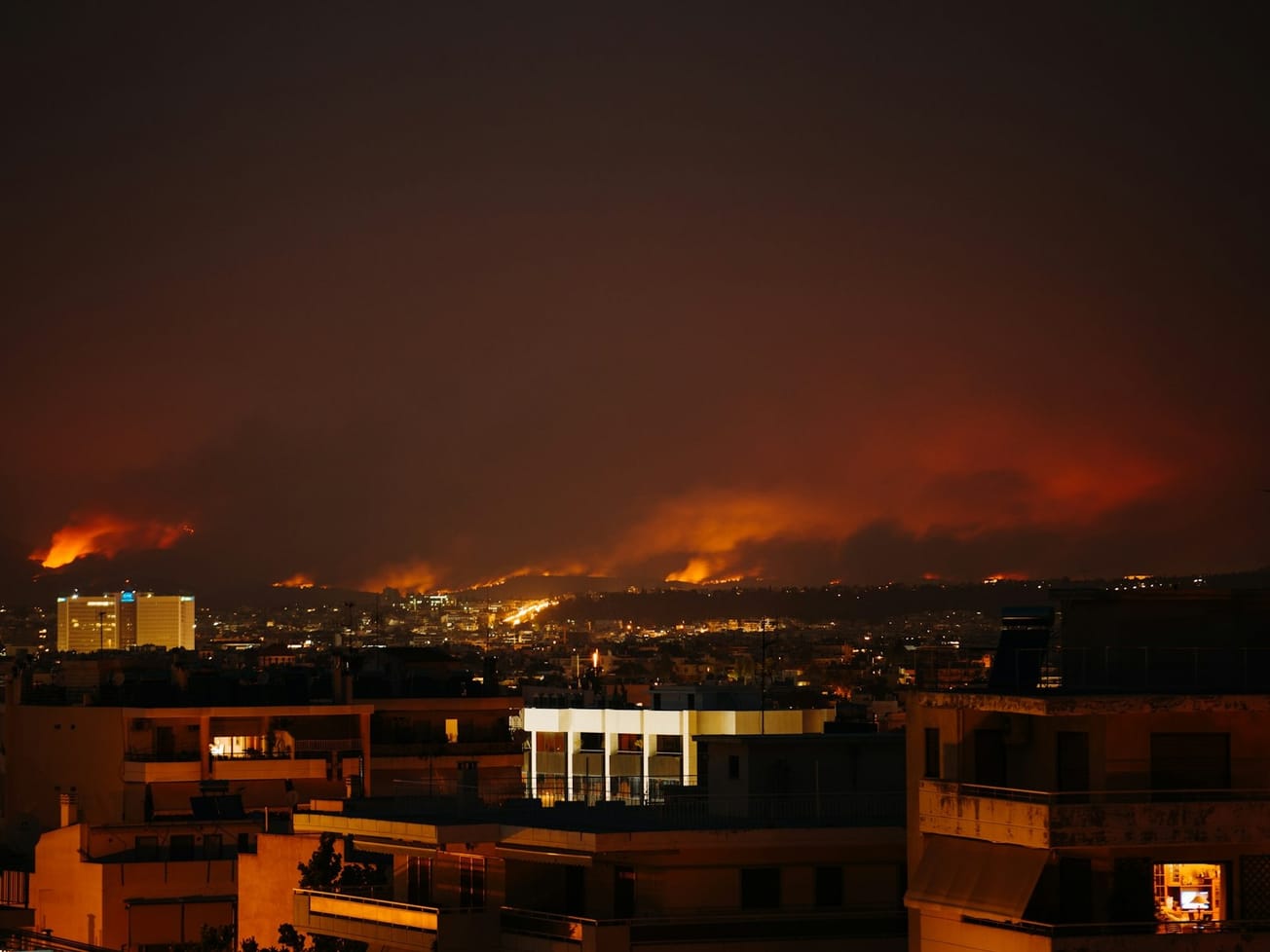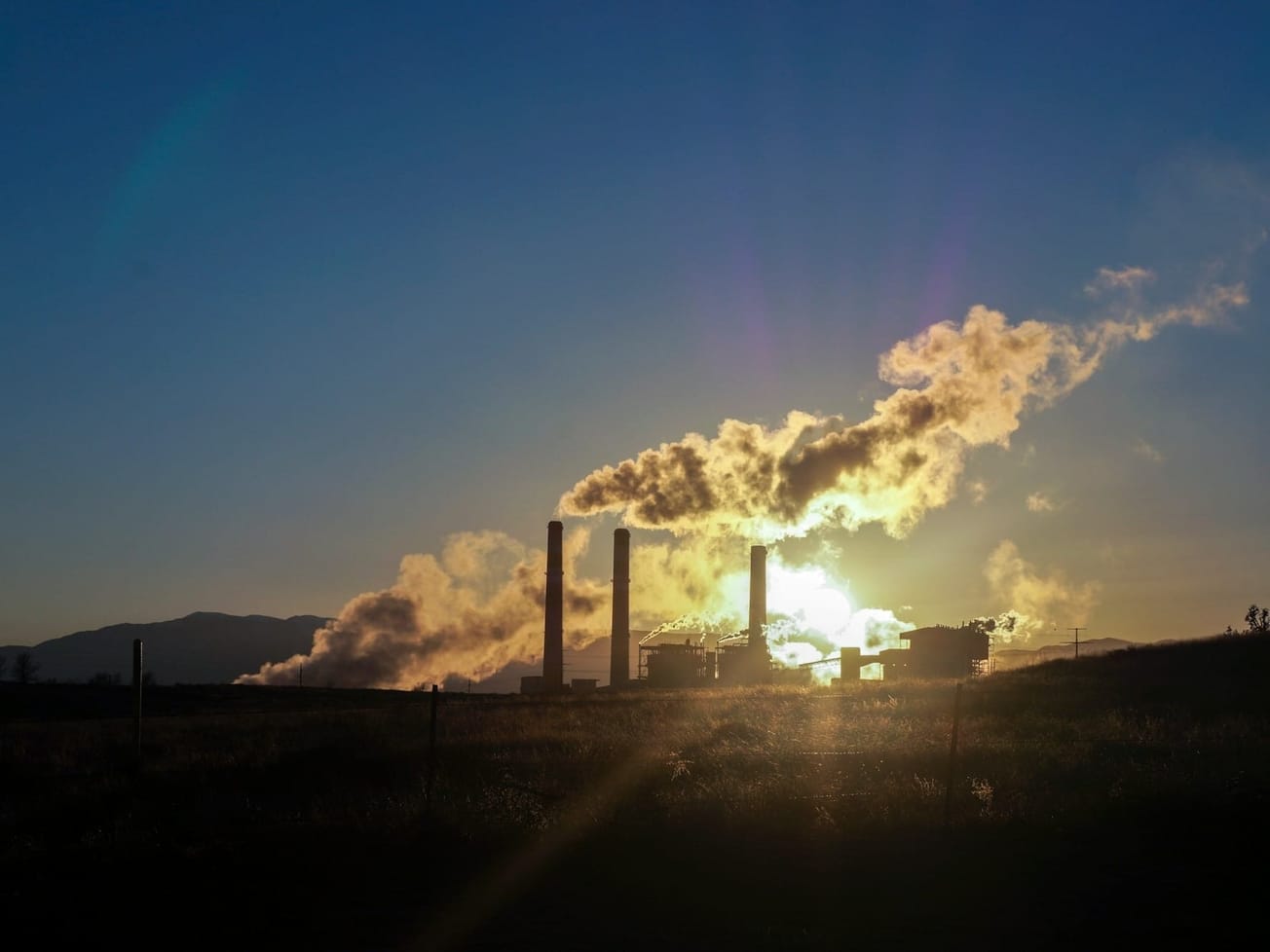UNITED NATIONS (AN) — The U.N. General Assembly urged all nations on Monday to quickly join forces in ensuring that everyone will have access to medical supplies, drugs, future vaccines and testing to cope with the COVID-19 pandemic.
The resolution, drafted by Mexico and co-sponsored by 170 other countries, was unanimously approved through a "silence procedure" by the U.N.'s main deliberative and policymaking body. It asked U.N. Secretary-General António Guterres and the World Health Organization to propose ways of accomplishing those goals, particularly in developing nations.
The non-binding resolution emphasized that the U.N. health agency has a "crucial leading role" in coordinating the global response to the new coronavirus pandemic, which has caused more than 2.4 million confirmed cases and 165,000 deaths worldwide.
It called on all nations to work together to strengthen scientific cooperation on research and funding and to improve coordination that might result in the "rapid development, manufacturing and distribution of diagnostics, anti-viral medicines, personal protective equipment and vaccines."
The General Assembly also recommended that nations work together to prevent "speculation and undue stockpiling that may hinder access to safe, effective and affordable essential medicines, vaccines, personal protective equipment and medical equipment."
Nigerian diplomat Tijjani Muhammad-Bande, the current president of the General Assembly, said in a letter there were no objections to the draft non-binding resolution when it was circulated beforehand among the U.N.'s 193-member nations. Just a single nation's protest can defeat such a measure.
"Full respect for human rights"
The United States, notably, allowed the resolution through. Last week, world leaders and public health authorities denounced U.S. President Donald Trump’s decision to halt funding for WHO while it helps navigate the global crisis over the COVID-19 pandemic.
Trump, seeking to scapegoat the U.N. agency for his administration's slow and confused response to the pandemic, said he was cutting off U.S. payments to WHO because it had not done enough to stop the virus from spreading when it was first detected in Wuhan, China last last year.In late January, however, Trump praised China as the virus outbreak was spreading. “China has been working very hard to contain the coronavirus,” he tweeted. “The United States greatly appreciates their efforts and transparency. It will all work out well.”
China has faced international criticism for apparently stemming the flow of public information to conceal the official death count in China. Other governments, particularly in Europe, also called into question WHO’s recommendations on issues like travel restrictions and face masks.
Earlier this month, the General Assembly approved its first COVID-19 resolution urging "intensified international cooperation to contain, mitigate and defeat" the new coronavirus. Such resolutions have no legal force but carry weight in the court of global opinion. The 15-member nation U.N. Security Council, the world body's most powerful arm, can approve resolutions that are legally binding.
The April 2 resolution, sponsored by Switzerland, Indonesia, Ghana, Singapore, Norway and Liechtenstein and approved by consensus, emphasized nations must show "full respect for human rights." It said "there is no place for any form of discrimination, racism and xenophobia in the response to the pandemic." Trump has repeatedly insisted on calling COVID-19 the "Chinese virus."
Russia, with the backing of Central African Republic, Cuba, Nicaragua and Venezuela, tried unsuccessfully to defeat the resolution. They submitted alternative measures to ease some trade sanctions or to eliminate some of the economic measures against developing nations.
https://youtu.be/CjqMFCI23AA








